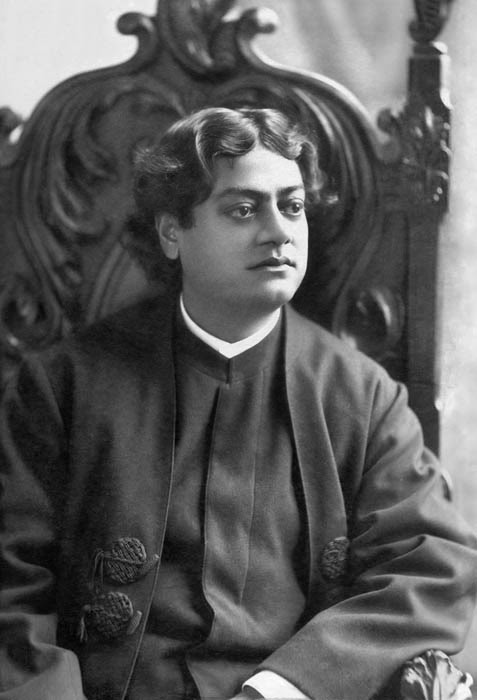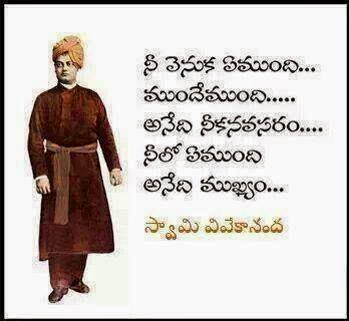STEPS TO REALISATION (A class-lecture delivered in America) - 9.

You remember in the Old Testament where Moses was told, "Take off thy shoes from off thy feet, for the place whereon thou standest is holy ground." We must always approach the study of religion with that reverent attitude. He who comes with a pure heart and a reverent attitude, his heart will be opened; the doors will open for him, and he will see the truth. If you come with intellect only, you can have a little intellectual gymnastics, intellectual theories, but not truth. Truth has such a face that any one who sees that face becomes convinced. The sun does not require any torch to show it; the sun is self-effulgent. If truth requires evidence, what will evidence that evidence? If something is necessary as witness for truth, where is the witness for that witness? We must approach religion with reverence and with love, and our heart will stand up and say, this is truth, and this is untruth. The field of religion is beyond our senses, beyond even our consciou





.jpg)







